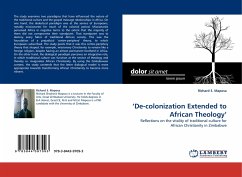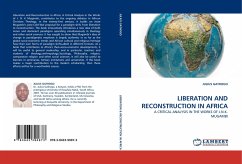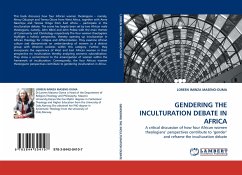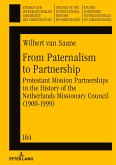The study examines two paradigms that have influenced the nature of the traditional culture and the gospel message relationships in Africa. On one hand, the dialectical paradigm was at the service of Europeans, notably missionaries for much of the colonial period. Missionaries perceived Africa in negative terms to the extent that the majority of them did not compromise their standpoint. That standpoint was to destroy every fabric of traditional African society. This was the foundation of a prejudicial 'centre-periphery' theory, to which Europeans subscribed. The study posits that it was this centre-periphery theory that shaped, for example, missionary Christianity to remain like a foreign religion, despite having an almost permanent foothold in Africa. On the other hand, the dialogical paradigm perceives an integrative role, in which traditional culture can function at the service of theology and thereby re- invigorates African Christianity. By using the Zimbabwean context, the study contends that the latter dialogical model is more appropriate towards transforming African Christianity to become more vibrant.








